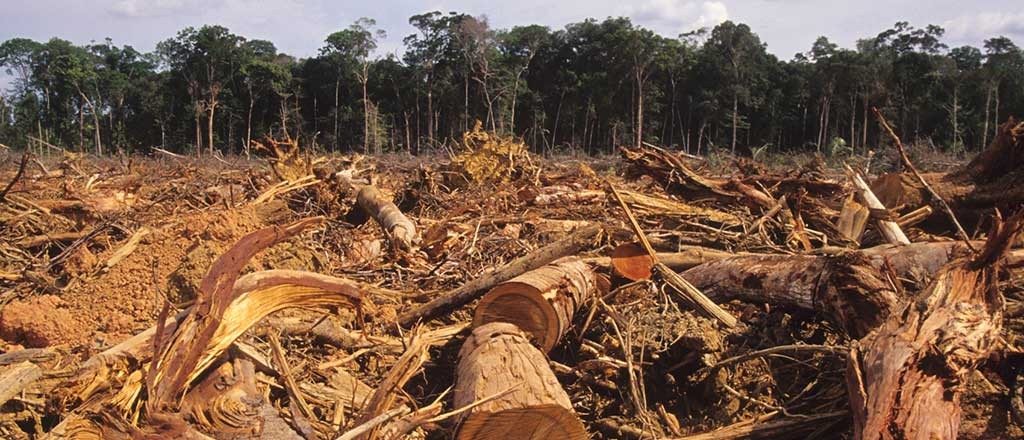
We are running out of time to repair the environmental damage accumulated after decades of excessive use of natural resources.
The whole world needs to wake up and realize that the course of all our lives is linked to the only planet we have, and that the role of indigenous peoples as Guardians of the Forest is one of the most sensible options we have to reverse the environmental catastrophe that it’s coming.
So this week in Marrakesh, Morocco — Representatives of COICA, AMPB and AMAN are at the COP22 putting the message of indigenous peoples on the global climate change radar
More than 20% of the world’s tropical forest carbon was found in indigenous peoples’ territories located in the Amazon Basin, Mesoamerica, the Democratic Republic of Congo, and Indonesia. This number increases significantly once other regions and territories are considered. As a result, indigenous forest lands hold hundreds of gigatons of carbon.
Indigenous peoples steward, own, occupy or have claim to approximately a quarter of the planet representing 80% of the world’s remaining biodiversity. This is not a coincidence. Some of the most biologically important lands and waters around the world are intact as a result of indigenous peoples’ commitment and efforts to environmental stewardship and natural resource management.
Despite all the scientific evidence supporting the invaluable role of indigenous communities in biodiversity conservation and climate change mitigation, bringing indigenous peoples’ voice to global forums is not an easy task: only 21 out of the 197 signatory countries of the Paris Agreement include indigenous rights and territorial law in their plans.
It is for these reasons that indigenous delegations representing hundreds of peoples from across the globe are in Morocco, sharing their ancestral knowledge in forest and water management and strongly urging global attention to the four major problems faced to continue their invaluable conservation work.
These are the four basic requirements that indigenous organizations are taking to the convention on climate change: ** 1. The indigenous struggle for land titling is closely related to the fight against climate change. Indigenous Peoples protect forests and biodiversity from total destruction. If governments do not guarantee our rights, deforestation will continue to advance and measures to address climate change will have little effect
We are the Earth defenders; we protect it with our lives and with our spirits. That is why we demand real respect for our rights, and the true implementation of Free, Prior and Informed Consent on all projects that affect our territories and our way of life
Our territories are the best preserved, we live in forests that have not yet been devastated and in this way we also preserve the planet’s climate balance. To continue this fundamental work we need access to direct financing to implement climate change adaptation and mitigation measures
Since ancestral times we have protected the forests and the life they shelter. We demand a halt to the violence, persecution and criminalization of all guardians of the forests and biodiversity. ** We are running out of time to repair the environmental damage accumulated after decades of excessive use of natural resources. The whole world needs to wake up and realize that the course of all our lives is linked to the only planet we have, and that the role of indigenous peoples as Guardians of the Forest is one of the most sensible options we have to reverse the environmental catastrophe that it’s coming.















Leave a Reply